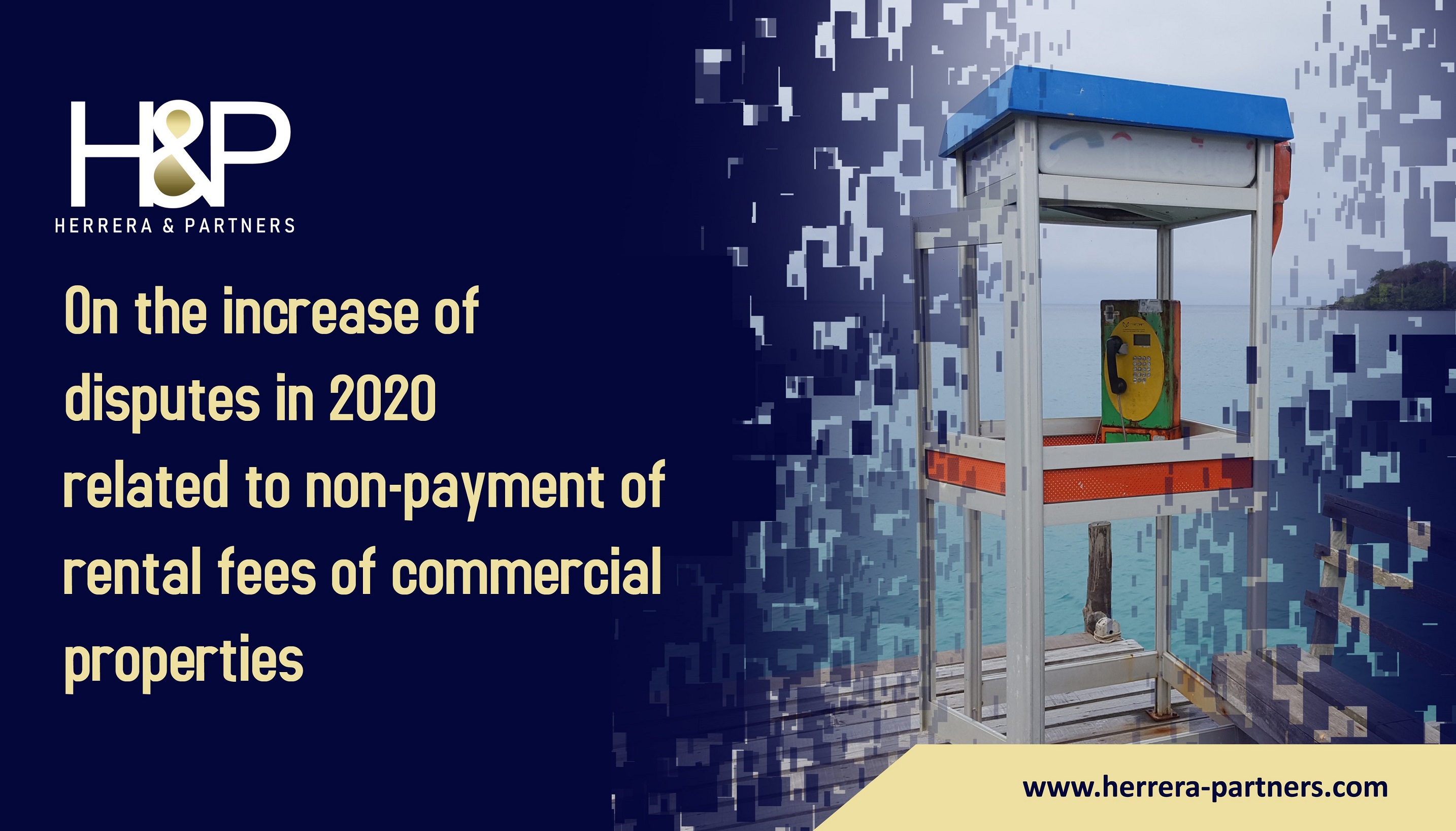
During the Emergency Decree that was announced due to the global pandemic of Covid-19, Bangkok authorities, as well as other provinces across Thailand, ordered all department stores, malls and shops in the city to be closed. This order affected negatively many business sectors in Thailand, especially restaurants, boutique hotels and shops in the malls.
The lawyers at Herrera & Partners in Bangkok acknowledge a rise of disputes related to the delay or unpaid rental fees in commercial properties in Thailand as well as a significant growth in shareholder disputes within Thai companies due to the lack of cash flow during the immediate period after the covid-19 outbreak.
Our lawyers have been approached several times to provide an opinion if the rental fee must be paid as usual when the lessee and the landlord are not allowed the operate their business during the Emergency Decree.
The general rule is that the agreement must be kept “Pacta sunt servanda”, meaning that the principle refers to private contracts, stressing that contained clauses are law between the parties, and implies that nonfulfillment of respective obligations is a breach of the pact.
In Thailand, as a civil law jurisdiction, as long as the lease agreement is valid, the lessee has to pay the rental fees as usual, even if the landlord cannot let the lessor use the rental space, it’s neither fault of the landlord nor the lessee. The Article 369 of Commercial Code of Conduct cannot be applied to refuse to pay the rental fee with full amount in accordance to the rental agreement:
‘Section 369. A party to a reciprocal contract may refuse to perform his obligation until the other party performs or tender’s performance of his obligation. But this does not apply, if the other party’s obligation is not yet due.’
After the covid-19 outbreak in Thailand, we saw legal scenarios where the landlord considered to waive whole or part of the rental fee. However, this cannot be extended to all cases as it’s a sole decision from the landlord to consider this matter which can come up from the negotiation between the landlord and the lessee
In the event that the lessee cannot afford the rental fees during the pandemic and the government orders that affect the lessee totally lose their income, the lessee may not consider in default with regard to the article 205 of Commercial Code of Conduct. This shall prevent the lessee to pay any additional damages incurred from late payment including but not limited to interest or daily fine (reference to Article 224 of Commercial Code of Conduct). The relevant laws that applies are as follows:
‘Section 205. The debtor is not in default so long as the performance is not effected in consequence of a circumstance of a circumstance for which he is not responsible.’
‘Section 224. A money dent bears interest during default seven and half percent per annum. If the creditor can demand higher interest on any other legitimate ground, this shall continue to be paid.’
If you need legal advice on disputes related to non-payment of rental fees of commercial properties, please contact our Bangkok lawyers at [email protected]


